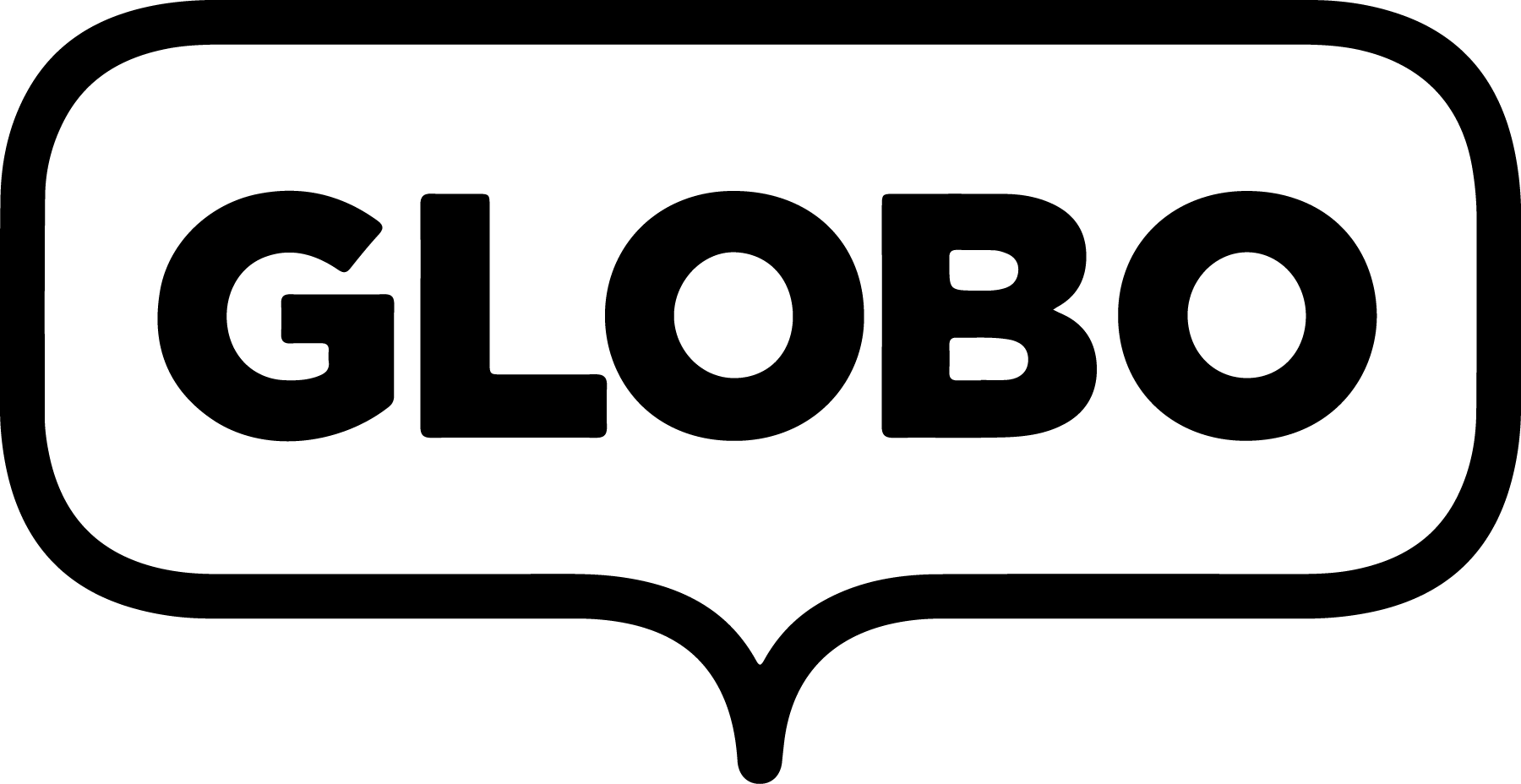GLOBO Relies on PagerDuty to Help Bridge Communication Gaps
- Size: 101 - 500 employees
- Industry: Technology
- Location: Pennsylvania, USA
- Customer Since: 2017
-
Key Integrations:
-
Datadog
-
Honeybadger.io
-
New Relic
-
Site24x7
-
GLOBO is a B2B language service provider that combines innovative technology, certified linguists, and actionable data insights to deliver high-quality translation and interpreting services to businesses worldwide.
With over 250 accessible languages and 24×7 support—including telephone, video, on-site interpreting, and on-demand text translation—GLOBO helps bridge the language barrier gap for businesses through its easy-to-use platform. And with the mission of assisting people in communicating in the moments that matter most, their services must be online and available to their customers around the clock.
For example, many of their customers are healthcare facilities, and GLOBO operates as a conduit for doctor-to-patient communication by providing certified medical interpreters to convey sensitive information between the two parties in a timely and consistent manner.
Jonathan De Jong, VP of Engineering, is mainly responsible for ensuring that GLOBO’s platform is up and running in his role. He also manages the Custom Development, Data, Analytics, and DevOps teams, all of which play a crucial role in ensuring the reliability and delivery of critical systems and services to their customers.
Continuous Digital Transformation
Before the outbreak, GLOBO already offered a video software service to connect doctors and patients who were in the same room, with interpreters. However, the service had limitations where only two dial-ins were supported at the same time. As the COVID-19 outbreak became more widespread, doctors and patients often needed to communicate from different locations. It was clear they needed an interpreting solution that could accommodate the doctor, patient, and interpreter, each dialing in separately.
When COVID-19 hit, scaling up the video offering became the Engineering team’s primary focus. De Jong and his team needed to refine the software’s abilities to host a doctor, patient, and interpreter securely and in real time. Expanding the product to support three separate video calls from various locations around the globe was no easy task. Still, the team also had to scale the new and improved video software to meet the demand of customers who needed to shift to a fully remote way of working. With everyone going remote, the customer support organization started seeing a rise in customer-facing issues that required the engineering team’s assistance in a timely manner—and the engineers quickly realized they needed a solution to help manage the increased incident traffic.
Along with the struggles that came with pivoting to an all-remote video offering, GLOBO experienced many other challenges, including:
- Slow response times due to manual escalation of alerts through email and Slack
- Lack of visibility between the Customer Support and Engineering organizations
- Alert fatigue stemming from non-actionable incident escalations during non-business hours
“There was a week where, every single morning around 2 a.m., I was woken up from alerts from Amazon deciding to recycle all of our Redshift connections for our data warehouse. We needed a solution to help better determine incident severity for our teams,” said De Jong.
Increasing Cross-Functional collaboration With PagerDuty
Jonathan had used PagerDuty at a previous position and brought it to his new team at GLOBO. By using PagerDuty to automate escalation policies, GLOBO drastically improved workflows between departments, specifically with the Customer Support and Engineering teams.
Now, when a customer-facing issue arises that customer support agents can’t resolve on their own, the problem is escalated to on-call engineers. For example, when a patient is trying to join the video software, but there is an issue connecting, customer support will first try to troubleshoot the problem. If they cannot fix it, then the customer support agent will use PagerDuty to escalate the problem to the engineering organization to resolve the issue quickly.
As the move to remote work continued, more GLOBO customers turned to the improved video software. Escalation policies have allowed De Jong and the team to quickly resolve incidents coming in from the customer support team and all other endpoints; however, too much time was still being spent fixing issues that may not have been a priority, which led De Jong to PagerDuty Event Intelligence.
GLOBO uses Event Intelligence as an endpoint, receiving alerts from the organization’s entire monitoring stack, including Datadog and New Relic. Using artificial intelligence and machine learning, Event Intelligence helps De Jong and his team avoid unnecessary interruptions by automatically reducing alert noise and intelligently grouping alerts into single incidents.
As a result, De Jong’s Engineering team has been able to shift their focus from being reactive to customer-facing issues to being proactive and resolving issues before the customer is affected. This has been especially important in communicating sensitive information between doctors and patients through a certified virtual interpreter.
Additionally, PagerDuty has helped GLOBO with:
- Speed to market. Automated escalation allows teams to focus on building out and scaling new products and services.
- Self-management. Customizable escalation policies have allowed on-call engineers to personalize how they receive alerts (emails, SMS, phone calls, or push notifications).
- Reducing alert fatigue. PagerDuty Event Intelligence has helped GLOBO reduce alerts by two-thirds.
“Before PagerDuty, my team and I were very reactive to incidents coming in, which led to more time resolving incidents than working on supporting our products. PagerDuty has allowed us to focus on what really matters,” explains De Jong.
Scaling PagerDuty for Growth
Looking ahead, GLOBO plans to continue expanding its use of PagerDuty and its automation capabilities to more teams across the organization. For example, to help interpreters connect faster with clients, GLOBO wants to automate the process of contacting on-call interpreters during a service request. Additionally, GLOBO hopes to eventually see a reduction of up to 90% of alert noise from its continued use of PagerDuty Event Intelligence.
With PagerDuty, customers can rely on GLOBO to provide translation services to their users and ensure a consistent customer experience when it matters most. “I love PagerDuty because it just works. Our clients rely on us to provide them a seamless customer experience, and we know PagerDuty is there to help support us in times that matter most,” shared De Jong.
To learn more about how PagerDuty helps companies uplevel support operations and management in the U.S. and abroad, try PagerDuty today.


